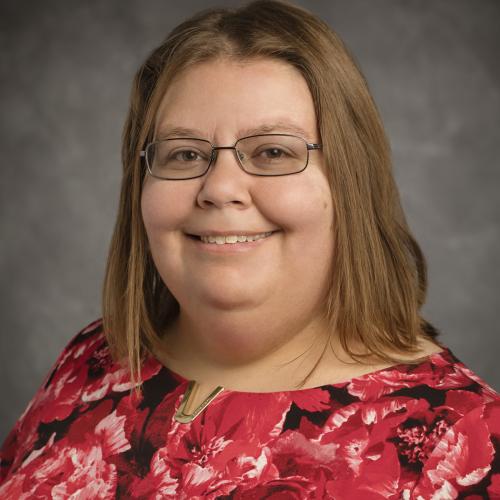The National Information Standards Organization (NISO) has announced that its draft Communication of Retractions, Removals, and Expressions of Concern (CREC) Recommended Practice (NISO RP-45-202X) is now available for public comment. The Recommended Practice is the product of a working group made up of cross-industry stakeholders, including Associate Professor Jodi Schneider, that was formed in spring 2022. The Alfred P. Sloan Foundation provided funding for the Working Group as well as for the Reducing the Inadvertent Spread of Retracted Science (RISRS) project, which is led by Schneider and has informed Working Group deliberations and decisions.
Retracted publications are research outputs that are withdrawn, removed, or otherwise invalidated from the scholarly record. There are a number of reasons why publications may be retracted, but in all cases, correcting the record requires that these decisions be clearly communicated and broadly understood so that the research-whether retracted due to error, misconduct, or fraud-is not propagated. The goal of the NISO Recommended Practice is to detail how participants (publishers, aggregators, full-text hosts, libraries, and researchers) may easily ensure that retraction-related metadata can be transmitted and used by both humans and machines. Researchers who discover a publication can then readily identify the status of the research reported.
"Developing a systematic cross-industry approach to ensure the public availability of consistent, standardized, interoperable and timely information about retractions was one of the recommendations of RISRS, and we could not be more delighted that CREC has been undertaken by the NISO Working Group," said Schneider.
NISO recently hosted a public webinar, which included Schneider and CREC Working Group co-chairs Caitlin Bakker and Rachael Lammey. The draft Recommended Practice is available for public comment through December 2.
